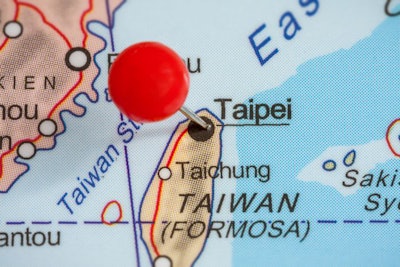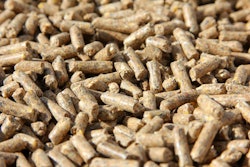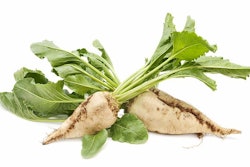
Move would open up export opportunities for US producers
Taiwan’s Council of Agriculture has removed restrictions on the use of ractopamine in imported pork and has issued draft regulation establishing a maximum residue limit (MRL).
Ractopamine, a drug that increases animals’ weight gain and feed efficiency, remains banned for use in domestic animal feed in Taiwan. The drug is approved for use in swine and beef in the U.S., but its use is banned in China and the European Union. Pigs that receive ractopamine end up using 10-20% less feed or water to reach final weight gain.
Taiwan’s draft regulation establishes the MRL of ractopamine in pig muscle and fat and edible offal as 0.01 parts per million, and in liver and kidneys as 0.04 parts per million. It would take effect January 1, 2021.
Taiwan had banned ractopamine use in its pork imports since 2007, according to the National Pork Producers Council. It said that, in July 2012, Taiwan passed legislation that established an MRL for imported beef but not for pork. The new regulations for pork would provide opportunities for U.S. pork producers to export their product to Taiwan.
Since Taiwan’s government announced the changes, there has been pushback from non-governmental organizations, legislators and health experts who believe ractopamine residues in human food may pose a risk to human health.
In October 2019, JBS USA said it would stop using ractopamine in its pig diets to expand export opportunities to China. Less than two weeks later, Tyson Fresh Meats said it would prohibit the use of ractopamine in the market hogs it buys from farmers beginning in February 2020. In February, Hormel Foods said it would eliminate ractopamine from its supply chain when its new policy went into effect on April 1. Smithfield Foods, which is owned by China-based WH Group, also does not use ractopamine in pigs raised on its company-owned and contract farms.














